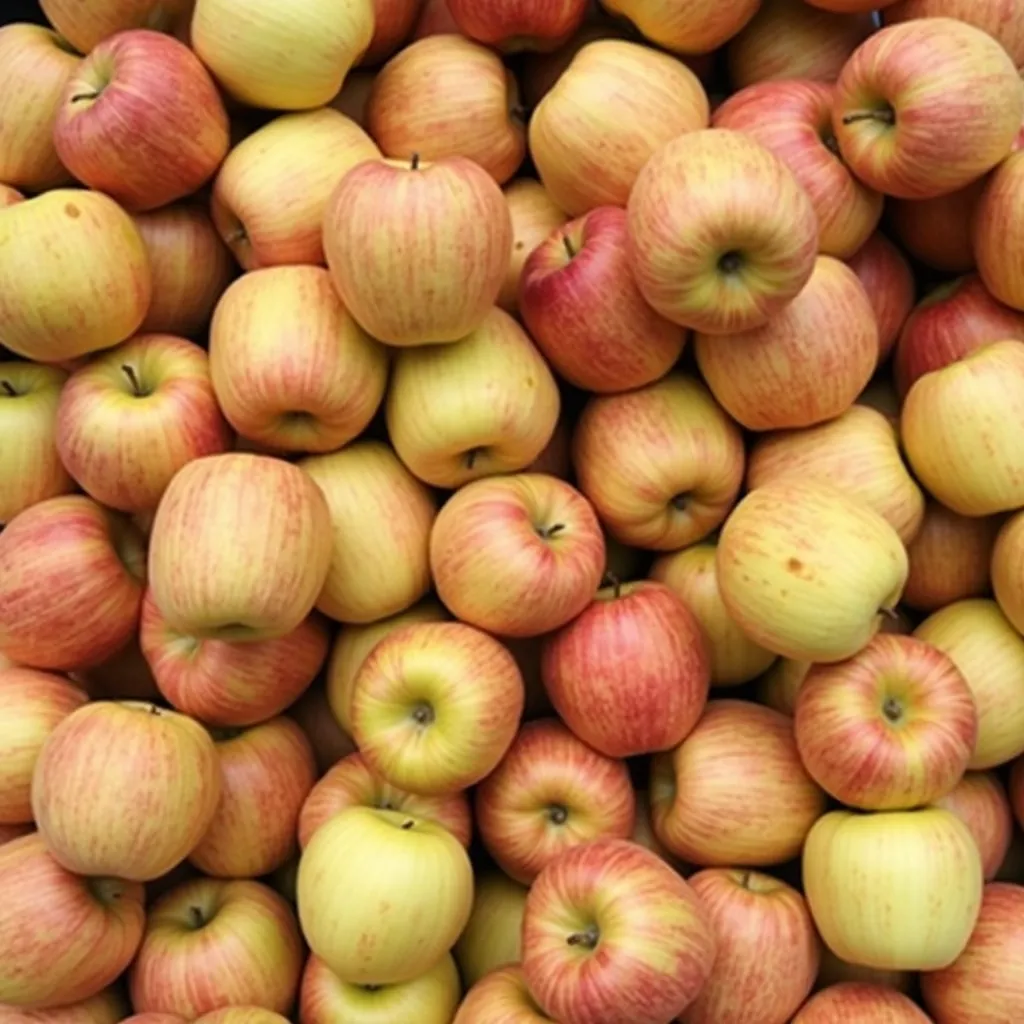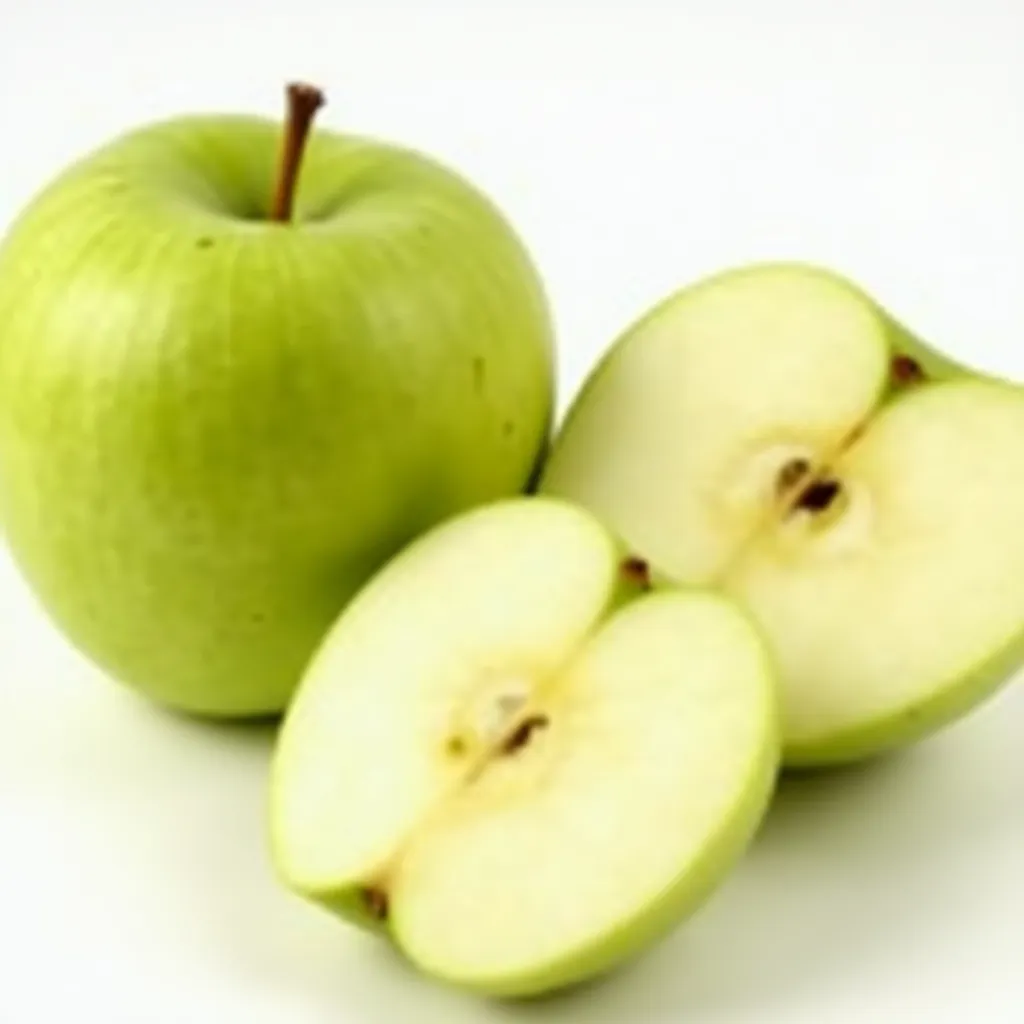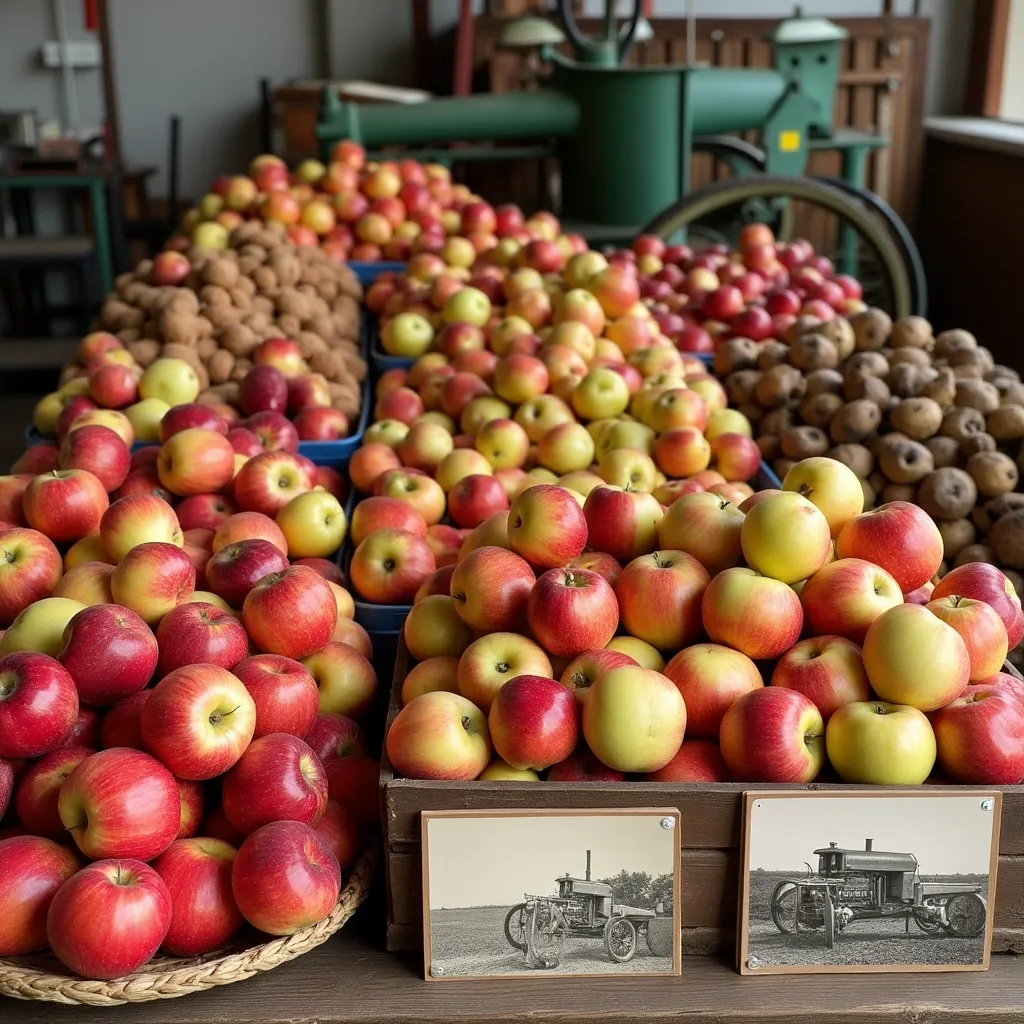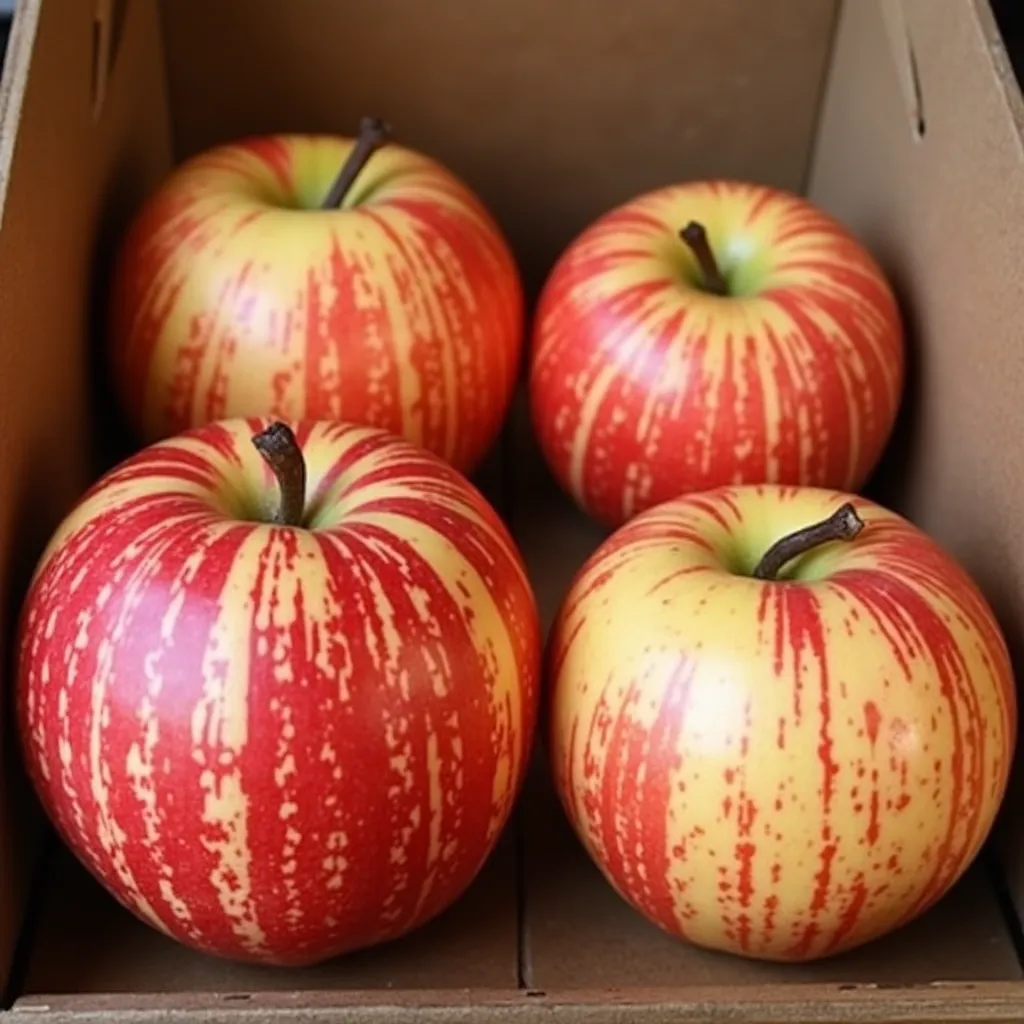· varieties · 5 min read
Russet Apples: Complete Guide to Heritage Russet Varieties
A comprehensive guide to heritage russet apples, detailing their unique characteristics, growing information, best uses, and history.

Variety Overview
Russet apples, also known as apple russet, encompass a diverse range of heritage varieties prized for their unique appearance and exceptional flavor profiles. Characterized by their distinctive rough, textured skin—the “russeting”—these apples offer a delightful sensory experience, ranging from sweet and tart to complex and balanced. Varieties like the Roxbury Russet and Egremont Russet are celebrated for their crisp, firm texture and versatility, making them excellent choices for fresh eating, baking, and cooking. This guide will explore the fascinating world of russet apple varieties, delving into their characteristics, growing requirements, and culinary applications.
Characteristics
Russet apples typically exhibit a medium size and come in a variety of colors, including red, yellow, and green. Their skin can be both solid and striped in pattern, adding to their visual appeal. The defining characteristic, of course, is the russeting, which can range from a light, patchy covering to a complete, rough texture. The flavor profile of russet apples is often a delightful combination of sweet, tart, and balanced notes, creating a complex and satisfying taste. The texture is generally crisp and firm, providing a pleasant bite and making them suitable for various culinary uses.
Growing Information
Russet apples are moderately challenging to grow and exhibit moderate disease resistance. They thrive in climates with a distinct spring and summer growing season and are typically harvested in the early to mid-harvest season. Their moderate growing difficulty means they require some attention to pruning, pest control, and proper soil conditions, but they are generally manageable for home gardeners with some experience.
Best Uses
The versatility of russet apples is one of their key attributes. They excel in fresh-eating, offering a delightful crunch and complex flavor. Their firm texture makes them ideal for baking, holding their shape well in pies, tarts, and crisps. Furthermore, russet apples are well-suited for cooking, adding depth and sweetness to sauces, chutneys, and savory dishes.
History and Origin
While the specific origin and parentage can vary depending on the russet apple variety, many trace their roots back to the United States, with some varieties dating back to the mid-20th century around 1950. For instance, some may have parentage that includes Golden Delicious and Red Delicious apples, contributing to their desirable flavor and texture characteristics. The Roxbury Russet, however, boasts a much older lineage, tracing back to the American colonies. The development of russet apple varieties has focused on preserving their unique traits while enhancing their adaptability and disease resistance.
Storage and Handling
Russet apples generally possess good storage life. When stored properly in a cool, dark, and humid environment, such as a refrigerator or cellar, they can maintain their quality for several weeks or even months. Handle them carefully to prevent bruising, which can accelerate spoilage.
Availability
Russet apples are typically available during the spring and summer months, coinciding with their early to mid-harvest season. Local farmers’ markets and orchards are excellent sources for finding fresh, high-quality russet apples during their peak season.
Selection Tips
When selecting russet apples, look for specimens with firm, unblemished skin and a good weight for their size. The degree of russeting is a matter of personal preference, ranging from lightly russeted to completely covered. Avoid apples with bruises, soft spots, or signs of decay. Check for a consistent color pattern, whether solid or striped, characteristic of the specific russet apple variety.
Comparison to Similar Varieties
Russet apples are often compared to other heirloom or heritage varieties, particularly those with a similar balance of sweet and tart flavors. They differ from smoother-skinned apples like their parentage, Golden Delicious and Red Delicious, primarily in their texture and often more complex flavor profiles. The russeting itself sets them apart visually and can contribute to a slightly drier, firmer texture. Comparing russet apple varieties like the Roxbury Russet and Egremont Russet reveals subtle nuances in flavor, texture, and russeting patterns.
Common Uses
Expanding on their best uses, russet apples lend themselves to a wide array of culinary applications. For fresh eating, they are a satisfying snack and add a delicious crunch to salads. In baking, their firm texture prevents them from becoming mushy in pies and tarts, while their balanced flavor complements various spices and sweeteners. Their ability to hold their shape also makes them suitable for roasting and grilling. For cooking, russet apples can be pureed into sauces, chutneys, or apple butter, adding a depth of flavor and natural sweetness. The versatility of russet apples, from the iconic Roxbury Russet to the refined Egremont Russet, makes them a prized ingredient in both sweet and savory dishes.
Growing Tips
Given their moderate growing difficulty, russet apples benefit from well-drained soil, regular watering, and appropriate pruning to maintain their shape and encourage fruit production. Monitoring for common apple pests and diseases is also important, although their moderate disease resistance means they are generally less susceptible than some other varieties. Providing adequate sunlight and proper spacing between trees will promote healthy growth and abundant yields. Understanding the specific needs of individual russet apple varieties will contribute to a successful harvest. Specific attention should be given to local pest pressures, and organic pest control measures should be considered when possible.


